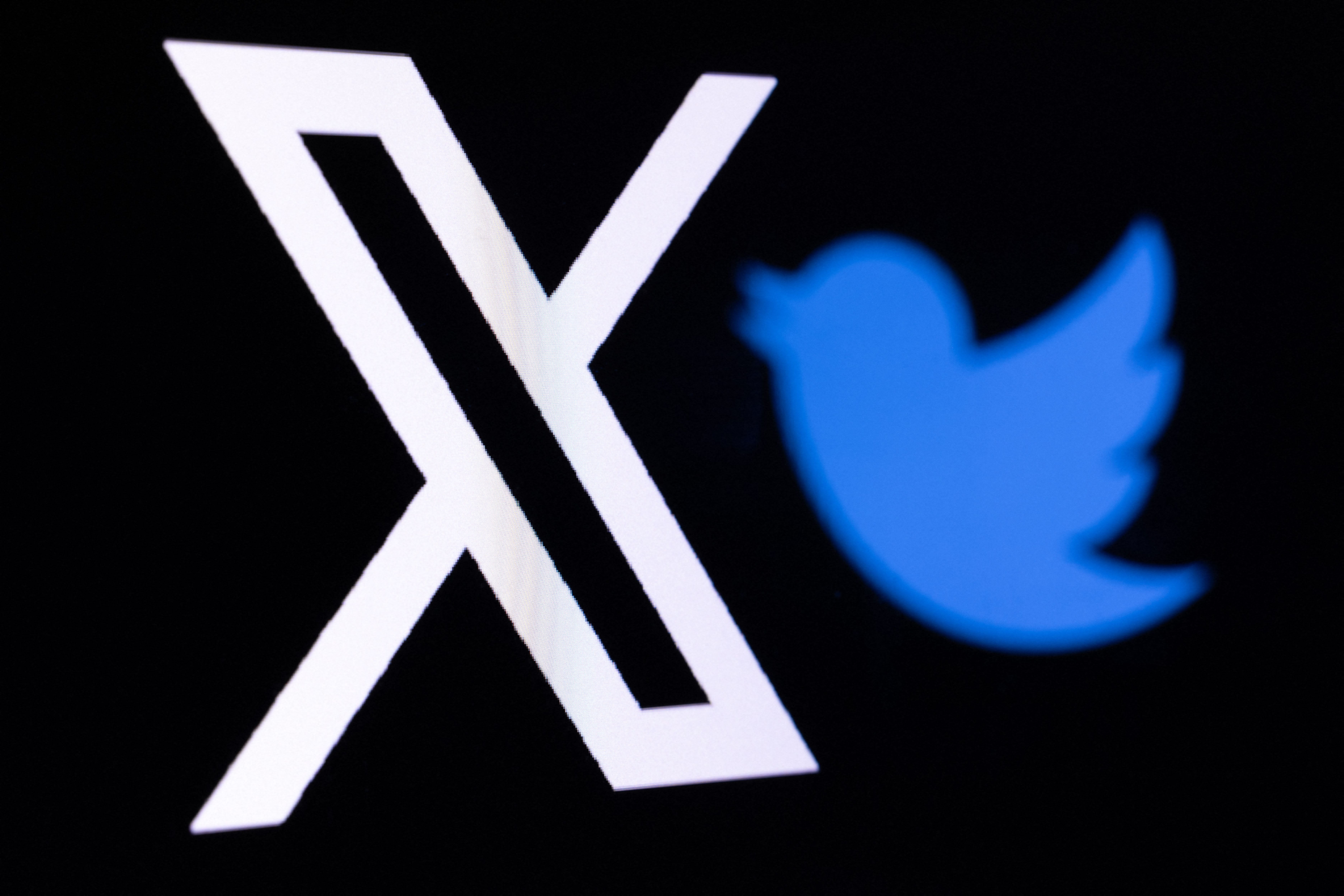Musk files defamation suit against Media Matters over Nazi X post claims
Lawsuit accuses media watchdog group of ‘curating’ feed specifically to create embarassing pairings for top brands on X
Your support helps us to tell the story
From reproductive rights to climate change to Big Tech, The Independent is on the ground when the story is developing. Whether it's investigating the financials of Elon Musk's pro-Trump PAC or producing our latest documentary, 'The A Word', which shines a light on the American women fighting for reproductive rights, we know how important it is to parse out the facts from the messaging.
At such a critical moment in US history, we need reporters on the ground. Your donation allows us to keep sending journalists to speak to both sides of the story.
The Independent is trusted by Americans across the entire political spectrum. And unlike many other quality news outlets, we choose not to lock Americans out of our reporting and analysis with paywalls. We believe quality journalism should be available to everyone, paid for by those who can afford it.
Your support makes all the difference.X, formerly known as Twitter, filed a federal defamation suit on Monday in Texas against Media Matters for America, accusing the media watchdog group of kicking off an advertiser exodus with a “harmful” article alleging the social network let top brands display ads near antisemitic and pro-Nazi posts.
The liberal-leaning media observer allegedly curated a feed specifically with fringe accounts and those belonging to corporations like IBM, Comcast, Apple, and Oracle, then displayed screenshots of the unsavoury posts appearing near company ads in a critical article, according to the lawsuit.
The Media Matters analysis, published last week, also alleges that X owner Elon Musk has increasingly begun a “descent into white nationalist and antisemitic conspiracy theories.”
The lawsuit does not dispute that some top brands’ ads were featured near the inflammatory content.
Rather, it suggests Media Matters gamed X to produce extremely unlikely pairings that are usually screened out by the service’s advertising tools, alleging that one harmful match appeared for “only one viewer (out of more than 500 million) on all of X: Media Matters.”
“Not a single authentic user of the X platform saw IBM’s, Comcast’s or Oracle’s ads next to that content, which Media Matters achieved only through its manipulation of X’s algorithms,” the suit continues.

“Media Matters created these pairings in secrecy, to manufacture the harmful perception that X is at best an incompetent content moderator (a harmful accusation for any social media platform), or even worse that X was somehow indifferent or even encouraging to Nazi and racist ideology,” the suit argues elsewhere.
Media Matters told The Independent in a statement that its analysis of X and its content policies remains valid.
“This is a frivolous lawsuit meant to bully X’s critics into silence,” Media Matters President Angelo Carusone said in the statement. “Media Matters stands behind its reporting and looks forward to winning in court.”
Top executives at X have railed against Media Matters in recent days.
“If you know me, you know I’m committed to truth and fairness. Here’s the truth,” Linda Yaccarino wrote on X on Monday. “Not a single authentic user on X saw IBM’s, Comcast’s, or Oracle’s ads next to the content in Media Matters’ article. Only 2 users saw Apple’s ad next to the content, at least one of which was Media Matters. Data wins over manipulation or allegations.”
Mr Musk, meanwhile, called the organisation “pure evil” in an X post of his own.
Outside of the disputed accuracy of the Media Matters report, Mr Musk has openly endorsed a right-wing conspiracy theory on X in recent days, prompting criticism that he’s fueling antisemitism.

Last Wednesday, the billionaire X owner responded to a tweet echoing claims of the racist and often antisemitic “great replacement” theory, including that Jewish people were “flooding” America with “hordes of minorities” to promote “dialectical hatred against whites.”
Mr Musk called the claim “the actual truth.”
The theory referenced in the original post was among the hateful ideas directly referenced by the gunman who killed 11 people at a Pittsburgh synagogue in 2018, the deadliest antisemitic attack in US history.
“At a time when antisemitism is exploding in America and surging around the world, it is indisputably dangerous to use one’s influence to validate and promote antisemitic theories,” Jonathan Greenblatt, CEO of the Anti-Defamation League civil rights group, which monitors antisemitism and other forms of extremism, wrote on X in response to Mr Musk.
The White House also weighed in, alleging the tech CEO was contributing to the spread of “abhorrent promotion of antisemitic and racist hate.”
“It is unacceptable to repeat the hideous lie behind the most fatal act of antisemitism in American history at any time, let alone one month after the deadliest day for the Jewish people since the Holocaust,” the White House said in a statement.
The Independent contacted Mr Musk during the backlash against his response to the post and did not receive an answer.
Amid the controversy, Mr Musk has alternatively defended X’s content policies and appeared to mock critics who allege the network is harbouring hateful content.
Last week, he shared a clip of someone playing a video game level called “Echo of Hatred,” with the caption “defeating hatred is never easy.”
“Clear calls for extreme violence are against our terms of service and will result in suspension,” he wrote elsewhere on X on Friday.
This summer, a study from the Center for Countering Digital Hate alleged X failed to take down 99 per cent of a selection of hate content flagged by the group. The group alleged that “the platform is allowing them to break its rules with impunity and is even algorithmically boosting their toxic tweets.”

Join our commenting forum
Join thought-provoking conversations, follow other Independent readers and see their replies
Comments